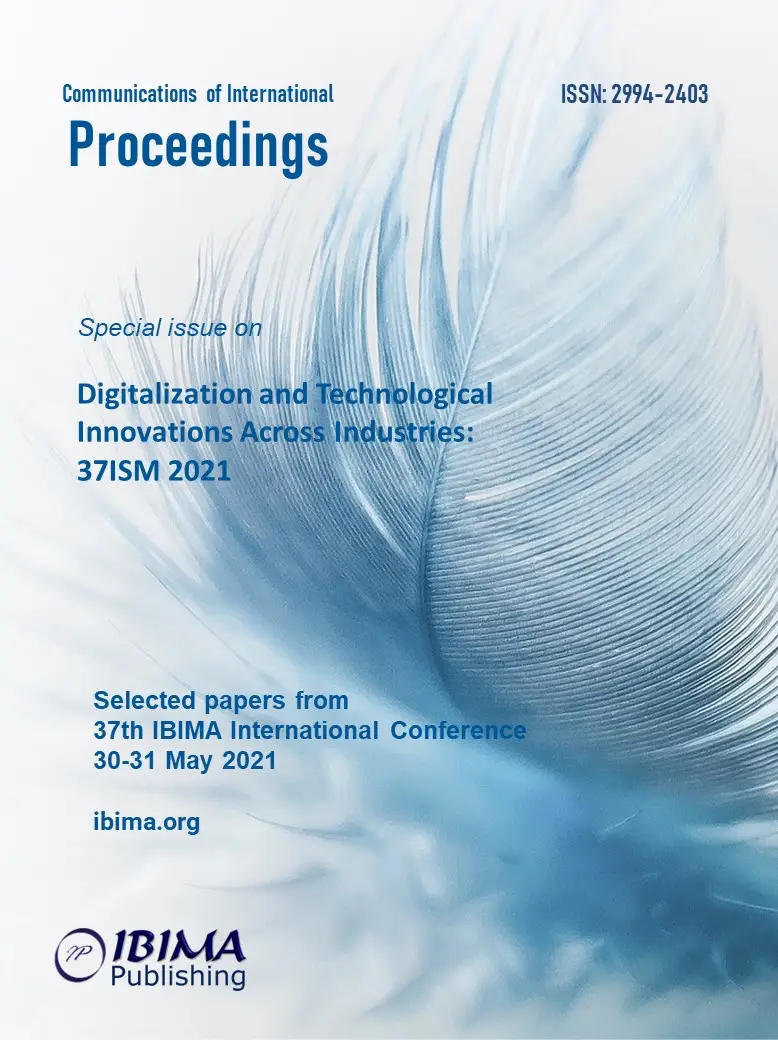

Mikhail A. ALEKSEEV1, Vladimir V. GLINSKIY2, Lyudmila K. SERGA1, Yuliya N. ISMAIYLOVA3 and Oleg Yu. RYZHKOV1
1 The Russian Presidential Academy of National Economy and Public Administration – The Siberian Institute of Management, Russia
2 Novosibirsk State University of Economics and Management, The Russian Presidential Academy of National Economy and Public Administration – The Siberian Institute of Management, Russia
3 Novosibirsk State University of Economics and Management, Russian

A new level of processing data into information becomes the base of formation of the organizations with new and specific characteristics. At that, the amount of data available for use grows at an exponential rate. Data preservation as such is not revolutionary but new methods and tools of processing data into information are, in some specified sense it modifies and/or lifts information constraints when individuals make decisions. The observed trends of social and economic development make it possible to draw a conclusion – information companies undertake authority intensively, and, on the other hand, states lose their sovereignty, i.e. the possibility to get rent. The mechanisms of adaptation and coordination transform information into behavior and, respectively, behavior into information as a result of intended interaction, i.e. existence of goal-setting when forming decision-making algorithms. The article considers the development of the concept of management based on the universal laws of evolutionary development of economic organizations. The proposed «polysubjects – polysubjective environment» paradigm takes into account and reflects the behavior of market participants in intersystem interaction and the emergence of intra- and intergroup reflexive processes. The study examines the hypothesis that rent, being the result of existing social relationships, is redistributed from the state in favor of telecommunication companies in the conditions of information transformation of society. Testing of the hypothesis was made using the “polysubject – polysubjective environment” theoretic framework. Information base of the carried-out research was formed by: data of the UN; data base of companies by types of activity and states; data of rating agencies; electronic network resources.